Learn, Pray, Join: Mass Incarceration examines the injustices in our criminal legal system that cause pain and suffering, especially for poor people and people of color. This initiative also calls us to claim our legacy as a historic peace church and to live into our Anabaptist faith values, resisting injustice in all forms and in all places.

Continue to remember those in prison as if you were together with them in prison, and those who are mistreated as if you yourselves were suffering. Hebrews 13:3 (NIV)
“The same Spirit that empowered Jesus also empowers us to love enemies, to forgive rather than to seek revenge, to practice right relationships, to rely on the community of faith to settle disputes, and to resist evil without violence.” – “Confession of Faith in a Mennonite Perspective,” Article 22: Peace, Justice, and Nonresistance
This Learn, Pray, Join initiative is a response to the “For Justice in the U.S. Criminal Legal System,” an MC USA study resolution written by Zachariah Begly and Eli Reimer.
LEARN
Beyond Incarceration webinar series:
MCC and MCUSA partnered in a unique webinar series, Beyond incarceration: A hard look at dismantling the prison system and building healthy communities. Watch the webinar recordings below to learn about the ways the faith community is actively understanding and working against these complex systems of confinement.
The webinars took place on Feb. 7, Feb. 21, March 7, and March 21, 2023, at 7:30pm EST and will be followed by learning tour opportunities in different parts of the U.S. over the course of 2023.
Read our latest stories and blogs on mass incarceration here:
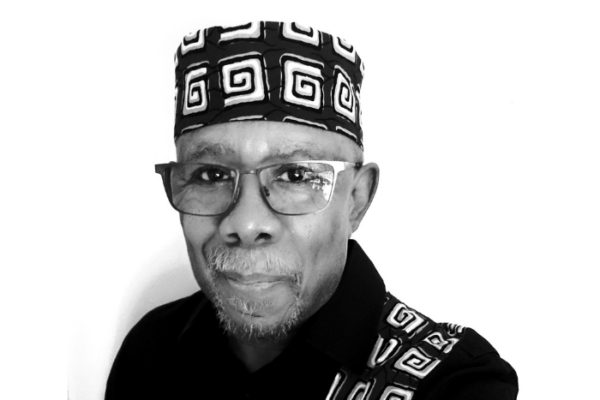
Abandon hope all ye who enter here: Mass incarceration as a mechanism to enforce the caste system of the U.S.
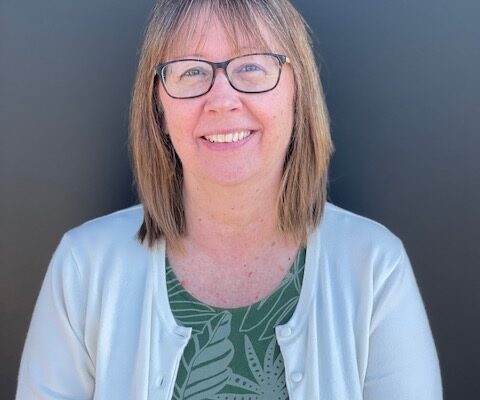
Change and transformation
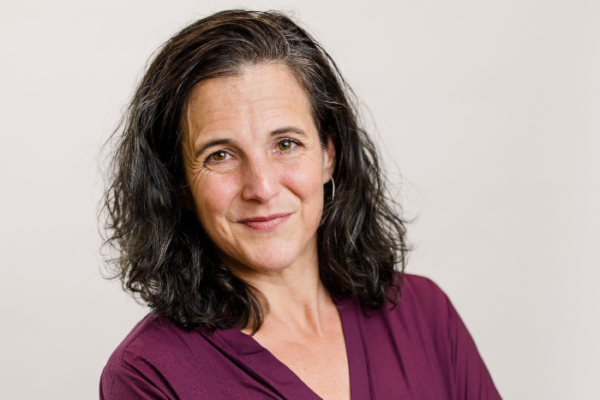
Human trafficking and the rescue paradigm
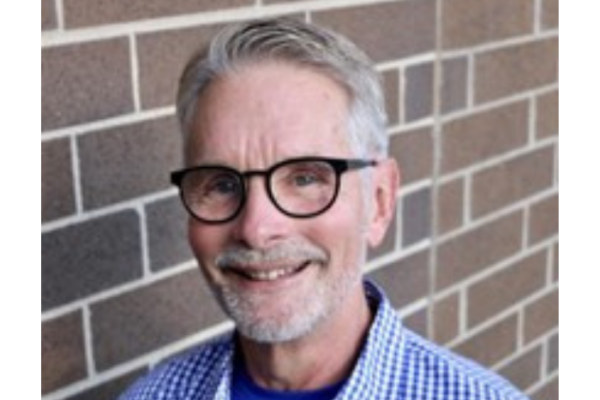
Inside stories

Deliver us from our complacency: a prayer about mass incarceration
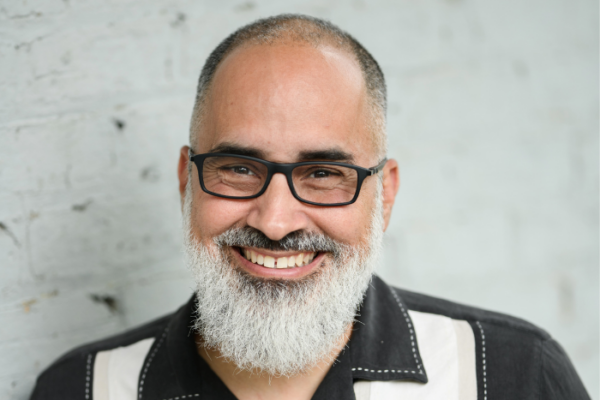
B’s attitude
Subscribe to PeaceMail, which will feature stories, blogs and news from people across MC USA about mass incarceration in September and October 2022.
Congregational Study Resources
 “Defund the Police? An Abolition Curriculum” by Mennonite Church USA
“Defund the Police? An Abolition Curriculum” by Mennonite Church USA
A free, nine-week study program that challenges individuals and congregations to think creatively about personal and community safety in a Biblical context.
- Recorded webinar with the writers of “Defund the Police?”
- Mennonite congregations in the landscape of abolition, a networking resource
- ~ing podcast, Season 2 Episode 2: “Defunding?” with Kris Henderson, Ben Tapper, and Rev. Melissa Florer-Bixler
Undoing Racism, a resource portal by Mennonite Church USA
Books
Colorizing Restorative Justice Twenty restorative justice practitioners of color, including Anabaptist authors, relate their experiences in the field, examining the inherent contradiction of using these practices within Western, white-dominant, settler societies. Discussion questions and suggested activities included.
“The Little Book of Restorative Justice” series, includes several classic books on peacebuilding and justice written by various authors, including a number of Anabaptist authors.
The New Jim Crow (book and study guide), by Michelle Alexander, focuses on the history of mass incarceration and its systematic attempt to marginalize people of color, much like the Jim Crow laws. Both systems depend on both legal and political disenfranchisement to survive.
“Trouble I’ve Seen,” by Drew G.I. Hart, examines police brutality, mass incarceration, anti-black stereotypes, poverty and everyday acts of racism within the larger framework of white supremacy.
“What Will Happen to Me? Every night, approximately three million children go to bed with a parent in prison or jail. Here are their thoughts and stories.” By Howard Zehr and Lorraine Stutzman Amstutz, MC USA’s denominational minister of peace and justice.
Articles and Periodicals
“Intersections: Accompanying People in Prison, Countering Mass Incarceration,” Mennonite Central Committee Canada
The U.S. criminal justice system disproportionately hurts Native people: the data, visualized by Leah Wang, Prison Policy Initiative
Videos/Films
“13th,” this online documentary introduces the words of the 13th amendment of the Constitution. The movie argues that although slavery was abolished, this amendment legally embedded another form of enslavement in American infrastructure in the form of mass incarceration.
“Beyond Conviction,” (DVD documentary, $49.95 on Amazon), tells the moving story of three crime victims on a journey towards healing and resolution. The film follows participants in a pioneering program run by the state of Pennsylvania in which victims of the most violent crimes meet face-to-face with their perpetrator.
“Mass incarceration and the Christian Mandate,” (Online documentary), Mennonite Central Committee U.S. (MCC)
“Stopping a jail expansion. Why I got involved, and how we won.” (Online documentary), Joanna Harader, pastor of Peace Mennonite Church in Lawrence, Kansas, shares how her community halted a jail expansion.
Workshops/Interactive tools
“You Got Booked,” an interactive learning tool developed by MCC. It provides youth and adult participants with insights into the many flaws in the U.S. criminal justice system.
Exhibit
To learn more about the lives of children with parents in prison, encourage your school or church to share “When a Parent Is in Prison,” a documentary project of Mennonite Central Committee. See the exhibit here. Email exhibits@mcc.org for more information.
Educational Opportunities
- Peace and justice studies courses at AMBS, Elkhart, Indiana.
- Peace, justice and conflict studies at Bethel College, North Newton, Kansas.
- Peace and conflict studies at Bluffton University, Bluffton, Ohio.
- The Center for Justice and Peacebuilding at Eastern Mennonite University, Harrisonburg, Virginia.
- Peace and justice studies at Goshen College, Goshen, Indiana.
- Criminal and restorative justice at Hesston College, Hesston, Kansas.
PRAY
God, we come seeking to be people of your peace and justice.
We know that you are the God who was with Joseph in prison, who supported Jeremiah in solitary confinement, who stayed with Daniel on death row, and we ask for your continued presence and comfort to be with each person who is imprisoned today.
We lament how incarceration and policing have become so woven into the fabric of our very lives that we do not always recognize how these stand contrary to the work of peace.
We lament the racial injustice embedded in the very bones of this system.
We lament the ways we have participated in a culture of criminalization that relegates people to a second-class status.
We lament the limitations of a legal system that punishes without allowing for accountability to those harmed.
Tear down these walls of separation that we have built, oh God.
Free us from our society’s grip on these tools of injustice that run counter to Jesus’ call.
Deliver us from our complacency.
Set your people free from policies that operate by coercion, violence and punishment to maintain the status quo.
Help us join the work of building a new thing.
We pray for the children and loved ones who have been hurt by the separation of incarceration, because we know the impacts ripple out far beyond the prison walls.
We pray for those who are formerly incarcerated, that you offer them strength and sustenance in their paths and their calls for justice.
Fill us with deep wells of compassion for every individual, including the prisoner, the poor and the vulnerable, as we know that each of us are your image-bearers.
God of reconciliation and redemption, instill in us courage to disrupt the violent cycles of retributive punishment.
Inspire in us dreams, that we may join the hard work of creating new systems to reflect your love and care for our world.
Guide our roots down deep into the foundation of the one who frees the captives, so that in community we may bear the fruits of transformative justice and peace.
Amen.
Written by Kayla Berkey, a writer and graduate of Union Theological Seminary. She attends Lee Heights Community Church in Cleveland, Ohio.
JOIN
MCC prison ministries: Contact your regional MCC office to inquire about ways to participate. For example, MCC East Coast helps incarcerated persons with prison care kits, and MCC Central States provides returning citizens care kits. MCC is a ministry partner of MC USA.
Anti-racism training: Widerstand Consulting guides organizations to dismantle racism within their organizations. Roots of Justice provides anti-racist strategies and tools for educating, organizing and renewing persons, institutions and systems for liberation.
Support volunteer programs in your area:
- American Friends Service Committee (AFSC) promotes a world free of violence, inequality and oppression. Guided by the Quaker belief in the divine light within each person, AFSC nurtures the seeds of change and the respect for human life to fundamentally transform societies and institutions.
- Big Brothers Big Sisters supports at-risk youth to help break the school-to-prison pipeline, through programs such as youth mentoring.
- National Association for Community and Restorative Justice is a non-profit, membership driven organization that provides a support system for educators, practitioners and others interested in restorative and community justice.
Minister to those who are incarcerated:
- Prisoner Visitation and Support is a volunteer prison visitation program for federal and military prisons. Their priority is to visit prisoners who do not ordinarily receive visits from family and friends, are in solitary confinement, are on death row or are serving long sentences.
- Connect Families is a collective of national, state, and local organizations fighting to connect families with incarcerated loved ones by making communication free.
- Support volunteer programs in your area that help facilitate re-entry into the community for those recently incarcerated.
Advocate for justice:
- Support the First Step Implementation Act (S. 1014): This bill would retroactively apply major sentencing reforms from the First Step Act of 2018 and provide judges in future cases increased discretion to give sentences below mandatory minimums. The bill would also implement major reforms for people sentenced as youth, including the opportunity to have lengthy sentences reconsidered.
- Support The EQUAL Act: The Eliminating a Quantifiably Unjust Application of the Law Act, or the EQUAL Act, would end the federal sentencing disparity between crack and powdered cocaine established in 1986. At that time, Congress set a 100:1 disparity, sentencing crack cocaine offenses at a higher level even though the drugs are nearly identical chemically and comparable in physiological and psychoactive effects. The Fair Sentencing Act of 2010 reduced the disparity to 18:1 for pending and future cases only. The First Step Act of 2018 made that change retroactive. The bipartisan EQUAL Act would completely remove the disparity for past and future cases. The consequences of the sentencing disparity between crack and powdered cocaine have been devastating, especially for communities of color.
- Faith in Action is a national community organizing network that gives people of faith the tools that they need to fight for justice and work toward a more equitable society.
- Prison Policy Initiative produces research to expose the broader harm of mass criminalization, and then sparks advocacy campaigns to create a more just society.
- The Sentencing Project advocates for effective and humane responses to crime that minimize imprisonment and criminalization of youth and adults by promoting racial, ethnic, economic and gender justice.
Victim Information:
- Office for Victims of Crime directory by state
- “Listening to Victims – A Critique of Restorative Justice Policy and Practice in the United States” Federal Probation Journal : June 2004 – (uscourts.gov)

